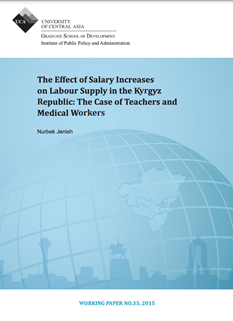The Effect of Salary Increases on Labour Supply in the Kyrgyz Republic: The Case of Teachers and Medical Workers
In recent years, there has been a critical shortage of teachers and medical workers in the Kyrgyz Republic. To address this problem, the Government of the Kyrgyz Republic substantially increased salaries of education and health care workers in 2011. The government doubled, and for some categories tripled, salaries of primary and secondary school teachers, medical nurses and doctors. This paper examines the effect of this wage increase on the labour supply of workers employed in these sectors. The analysis is based on data from the Life in Kyrgyzstan longitudinal survey for 2010-2012. Panel data analysis was done using the Hausman-Taylor generalised method of moments methodology. Key findings include: the effect of the salary increases was uneven as female teachers and medical workers residing in the cities increased their weekly working hours by an average of 4.9 hours relative to their rural counterparts; the salary increase helped reduce 2010 teacher and medical worker shortages by 14.5 percent and 11.4 percent, respectively in 2011; the presence of young children and higher household income negatively affected the number of hours worked; on average, women worked 5.2 hours per week less than men; and individuals living in the cities and in the northern part of the country tended to work longer hours at official jobs compared to those in rural and southern regions of Kyrgyzstan.




